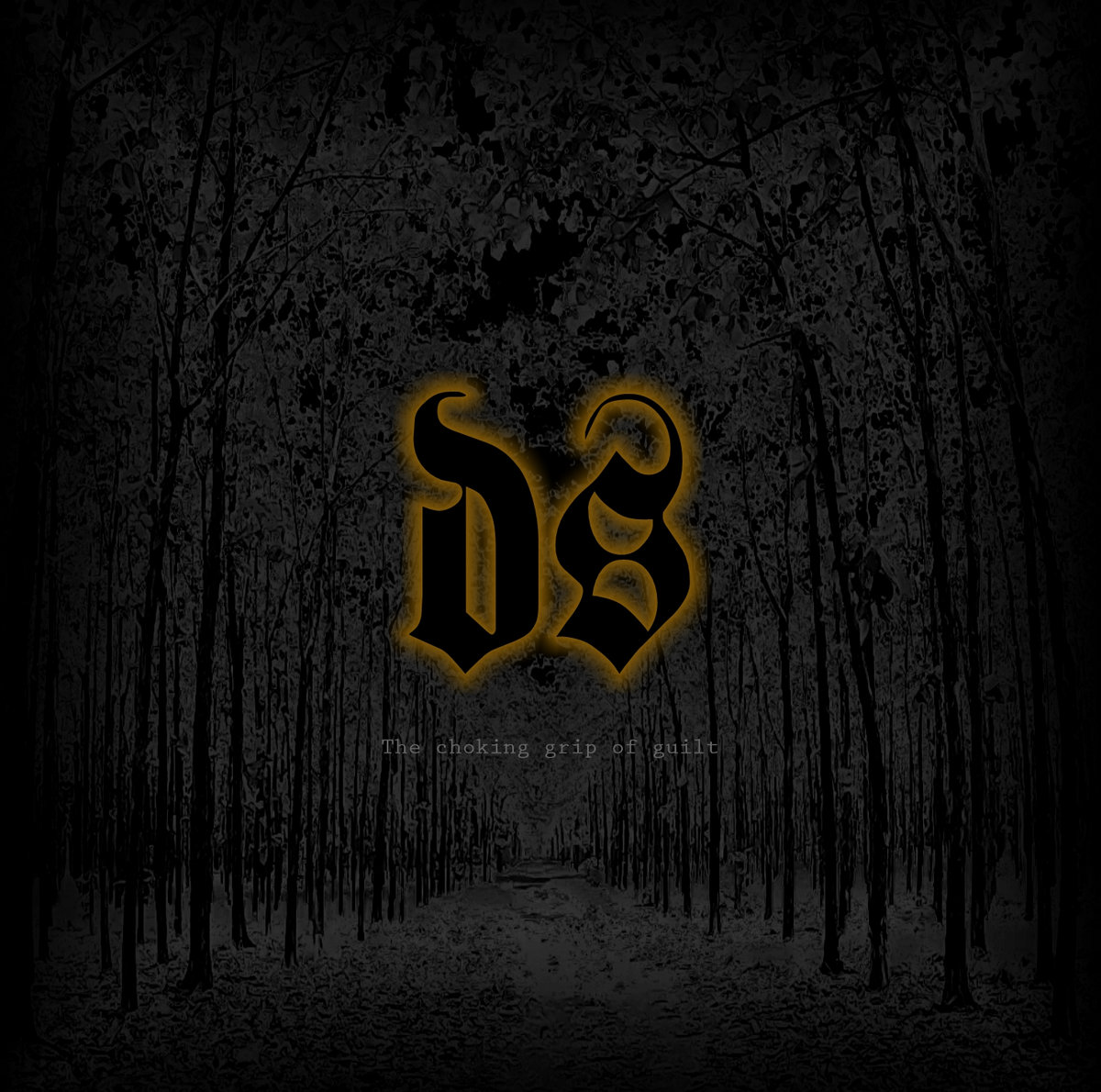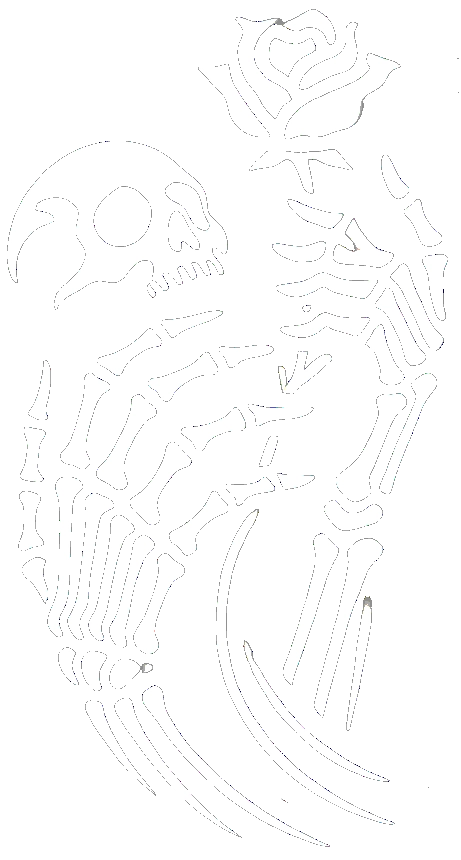I don’t know either; I find it difficult not to just rattle off some stammering nihilistic euphoria. On their second studio album, Doomslut addresses – I believe – a universal feeling of despair with all the anger, loneliness, desolation, and alienation that every human experiences from time to time.
The Ultimate Decision
The meaninglessness of existence and the option of suicide are, if not the only, at least one of the few reasons to cling to life in a world without eternity, according to Cioran. And as Camus puts it, suicide is the only truly serious philosophical problem, with everything else coming later. To put it bluntly: you can always decide to die later, but the central questions of postmodernity are why or why not to go on living. Hell may be “hot and terrifying” (Kafka: Letter to Oskar Pollak) – so we’ve settled that – but Doomslut celebrates the fading warmth of the ultimate decision in a world that has abandoned its fear of hellfire. The authority and socializing influence of Christian faith is met only with passing scorn: “Visions of desolation/Of human degradation/Kneel in useless prayer/Crawl, spiritual worm” (“Emotionally Eroding”). What an entire generation of musicians built an entire metal subgenre upon, here feels like a hasty finger exercise, mere background noise to a crumbling individual teetering on the brink of suicidality, whose last stronghold is the option of one day exiting life and therefore giving each day another chance.
In a melange of funeral, drone doom, and dark ambient – with sampling, whispering, and guttural growls – The Choking Grip Of Guilt explores the paradox of existence, the unpredictability of life, the inevitable path toward (self-)destruction, pain and loss, the emotional degeneration of the individual in society, and the all-encompassing weight of guilt. The empathetic being, wracked with inner conflict, teeters on the brink of collapse under the universal guilt embodied by “The Choking Grip of Guilt,” tightening like a slowly closing noose. The subject of a social system, pressed into the constellation of coexistence, but ultimately fated to wither away in loneliness (“Negative”).
Unique Soundscapes
The desperation of a person marked by loss and grief (“Ghost Whispers”). A despairing existence, dragging itself into the depersonalizing entropy of intoxication and death – a death-like intoxication or an intoxication-like death (“Drowning in Bongwater”). Suicide presents itself as the last possible means of self-actualization.
Musically, Ricardo Bernes, who now helms Doomslut as a solo act, continues to advance his unique sound. The clearly Esoteric-inspired Dissonant Evil already utilized the stylistic foundations of Torture Funeral Doom from Wormphlegm, Torture Wheel, or Wraith of the Ropes, fusing them with elements of sludge, stoner, and drone to create his own brand of venom. But The Choking Grip Of Guilt combines the results of this melange with a darker post-industrial sensibility, situated somewhere between death industrial and dark ambient, and with a feeling of hopeless emptiness more commonly associated with Worship or Mournful Congregation. Wandering guitar drones, venomous preacher samples, almost resignedly catatonic spoken word passages, and various effects on guitar and vocals evoke memories of Esoteric’s The Pernicious Enigma, Black Boned Angel’s Verdun, or metal-infused In Slaughter Natives. A similar approach with a different focus could be found more recently in Gospel of Death and Hallowed Butchery.
The ever-clattering, roaring, and droning soundscape of post-industrial noise, the menacing rumble and groan of extreme metal, the heavy riffing spanning funeral, stoner, and drone styles, and the struggling drums of extreme doom are interwoven with simple (mostly guitar-based) melodies, faint hints of spacey Vangelis-esque Blade Runner reminiscences in Ghost Whispers, and delicately distorted spoken passages. Against this backdrop, the album offers a potpourri of extreme doom and dark ambient options that complement each other surprisingly organically: the fragile, almost dark ambient-skeletal “Ghost Whispers”; the eerily sample-driven “Los Hijos Del Diablo”; the hypnotically oppressive opener “Emotionally Eroding,” reminiscent of Gospel of Death and Hallowed Butchery; the harrowing “Fallen Angel,” combining tragic female vocals, melody, riffs, and growls; or the blend of drone doom, death industrial, and funeral doom in “The Choking Grip Of Guilt,” featuring contemplative spoken passages. These are just a few stops along the fascinatingly diverse journey offered by the album. Accordingly, Esoteric, Gospel of Death, and Hallowed Butchery remain the closest, albeit still distant, reference points for Doomslut in terms of style, variety, and atmosphere.

